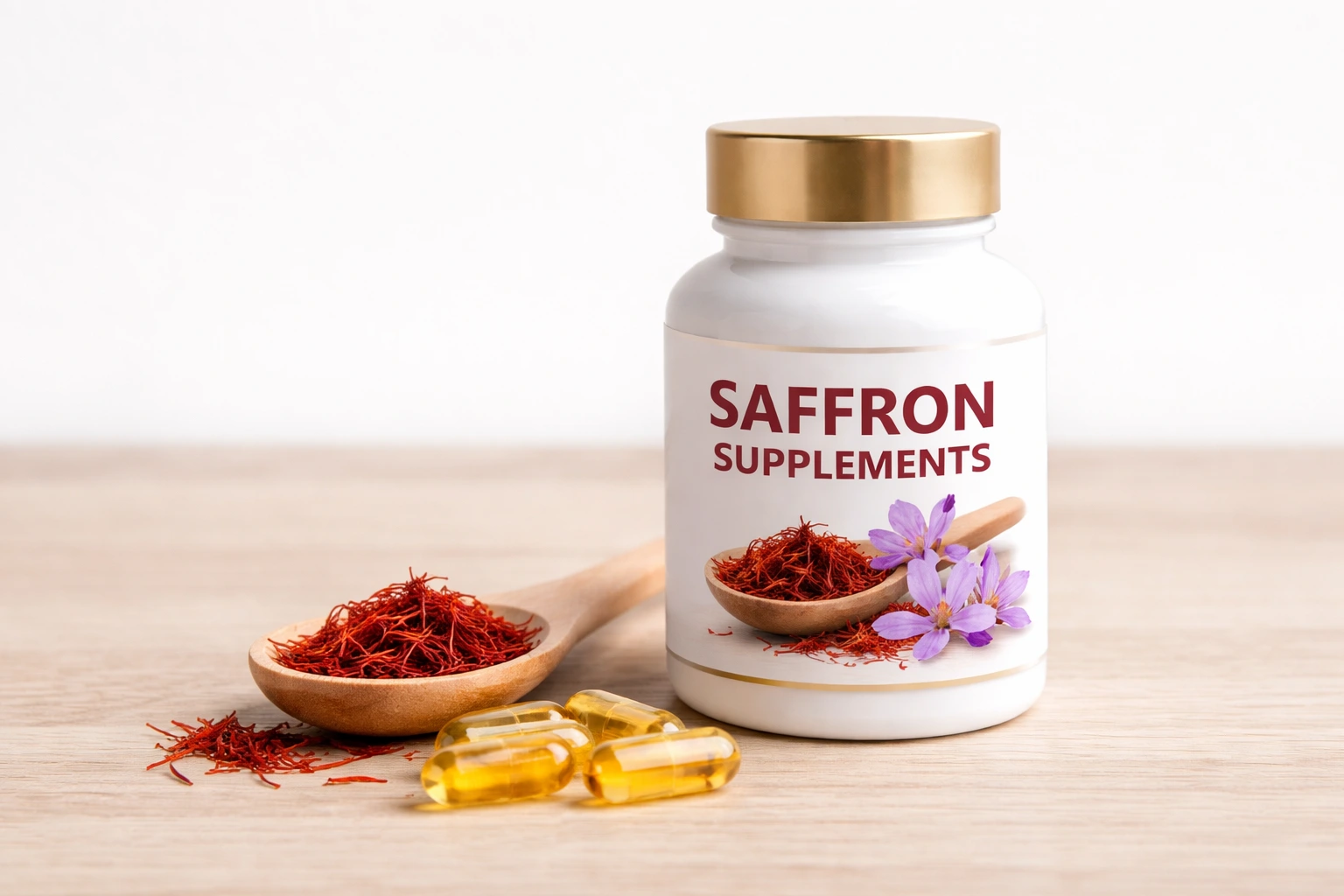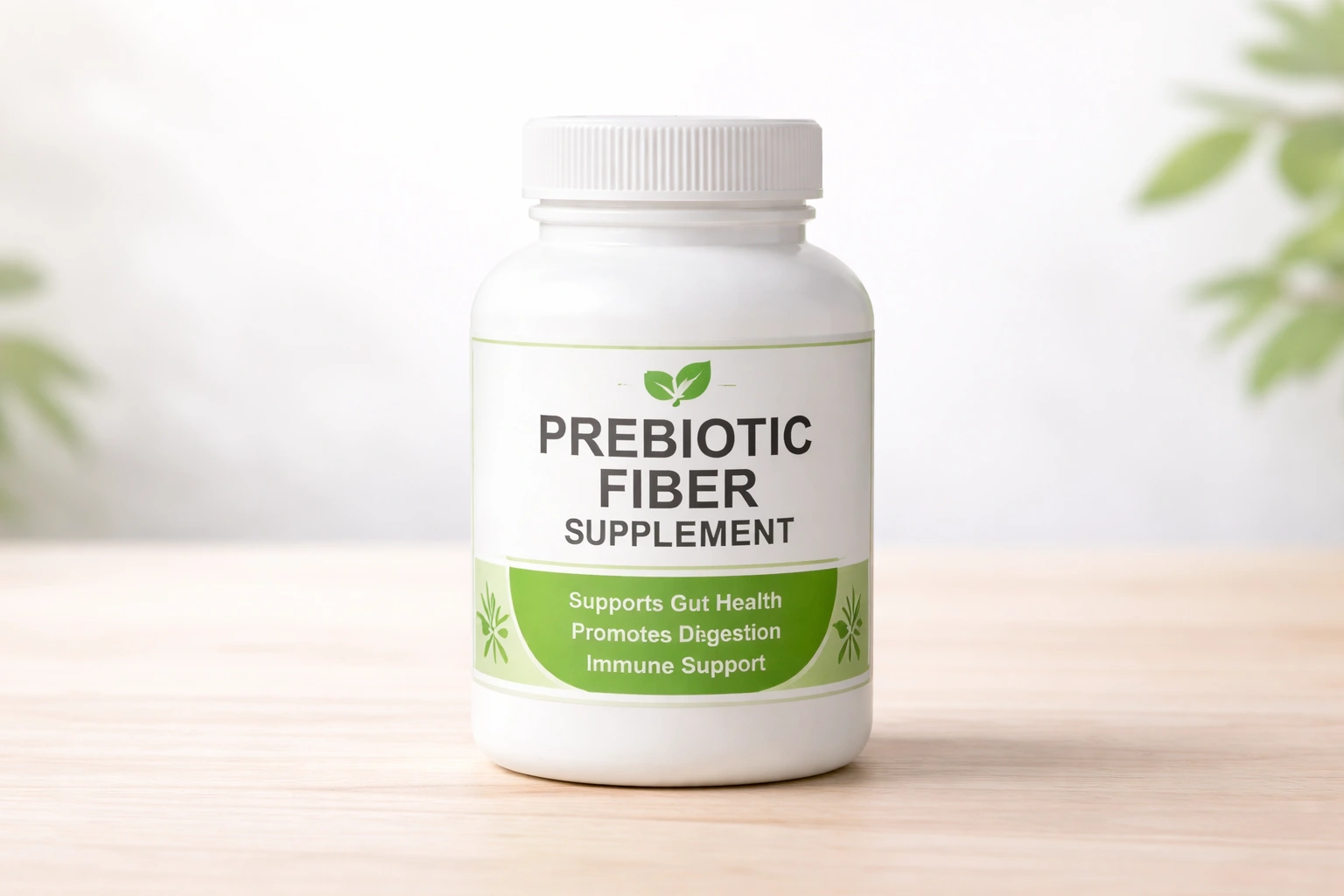When launching a dietary supplement brand, one of the most common questions is whether FDA approval is required before bringing products to market. Unlike pharmaceutical drugs, dietary supplements are regulated differently in the United States. The FDA oversees the industry, but their role is not to pre-approve supplements. Understanding the regulatory framework is critical for brands to operate legally, protect consumers, and avoid costly compliance issues.
Under the Dietary Supplement Health and Education Act (DSHEA) of 1994, the FDA defines dietary supplements as products intended to supplement the diet, containing ingredients such as vitamins, minerals, herbs, amino acids, or other botanicals. While these products must be safe and properly labeled, they are not treated as drugs, and therefore do not require pre-market approval.
What the FDA Regulates
The FDA focuses on ensuring product safety, accurate labeling, and cGMP compliance. This includes:
-
Ingredient safety: Companies are responsible for sourcing safe ingredients and avoiding contaminants.
-
Proper labeling: Supplements must include ingredient lists, serving size, nutrition information, and health disclaimers when applicable.
-
Claims and marketing: Any statements about benefits must be truthful and not misleading. Disease treatment claims are strictly prohibited.
-
Facility compliance: Manufacturing facilities must adhere to Current Good Manufacturing Practices (cGMP) to ensure quality and consistency.
Although the FDA does not pre-approve supplements, it has the authority to inspect facilities, issue warning letters, and mandate recalls for unsafe or misbranded products. Companies are expected to proactively comply with regulations to minimize legal and financial risk.
New Dietary Ingredient (NDI) Notifications
One of the key considerations in dietary supplement compliance is the New Dietary Ingredient (NDI) rule. If your product contains an ingredient not marketed in the U.S. before October 15, 1994, it is considered a new dietary ingredient. Manufacturers or distributors must submit an NDI notification to the FDA at least 75 days before introducing the product to the market.
The NDI notification includes:
-
Safety data: Evidence that the ingredient is reasonably expected to be safe when used as directed.
-
Ingredient information: Source, composition, and specifications.
-
Proposed use and dosage: How the ingredient will be consumed by end users.
Submitting an NDI notification does not mean FDA approval; it is a requirement to inform the FDA and allow them to review safety data. The FDA may respond with questions or objections, and failing to submit a notification for a new dietary ingredient can result in enforcement action.
Facility Registration
Even though supplements do not require pre-market approval, all manufacturing facilities must register with the FDA. Facility registration:
-
Ensures the FDA can inspect and verify cGMP compliance.
-
Applies to both domestic and foreign facilities exporting to the U.S.
-
Must be updated every two years or whenever significant changes occur.
Registration does not constitute approval, but is mandatory for legal marketing. It also demonstrates transparency and responsibility to partners and consumers.
Labeling Requirements
Proper labeling is a critical component of compliance. The FDA enforces strict rules regarding what must appear on a dietary supplement label:
-
Supplement Facts panel: Including serving size, ingredients, and nutrient amounts.
-
Ingredient list: Complete disclosure of all components.
-
Health claims: Only structure/function claims are allowed (e.g., “supports immune health”), and they must include the disclaimer:
“This statement has not been evaluated by the Food and Drug Administration. This product is not intended to diagnose, treat, cure, or prevent any disease.” -
Allergen and warning statements: Required if applicable.
Labels that misrepresent benefits, claim disease treatment, or fail to disclose allergens may trigger FDA enforcement, including warning letters, fines, or product recalls.
Current Good Manufacturing Practices (cGMP)
While dietary supplements do not require FDA pre-market approval, all manufacturers must comply with Current Good Manufacturing Practices (cGMP). These regulations ensure products are consistently produced and controlled according to quality standards. cGMP requirements cover the entire manufacturing process, including:
-
Facility standards: Manufacturing areas must be clean, hygienic, and free from cross-contamination risks. Equipment must be maintained, sanitized, and calibrated regularly.
-
Personnel training: Staff must be trained in proper handling, sanitation, and production procedures to maintain product safety.
-
Process control: Steps such as weighing, mixing, granulation, drying, and packaging must follow documented procedures to ensure batch consistency.
-
Documentation: Complete records must be maintained for all production batches, including ingredient sources, lot numbers, and production dates.
Compliance with cGMP reduces the risk of contamination, ensures product potency, and helps brands avoid FDA enforcement actions.
Quality Control and Testing
Quality control is essential for maintaining safety, consistency, and label accuracy. Most reputable manufacturers conduct rigorous testing at multiple stages:
-
Incoming raw materials: Verified for identity, purity, and potency.
-
In-process testing: Ensures uniform mixing and particle size consistency.
-
Finished product testing: Confirms active ingredient concentrations, microbiological safety, and compliance with labeling.
These steps are particularly important for powder supplements, which can be sensitive to moisture, oxidation, and contamination during handling and storage.
Manufacturer and Brand Responsibility
Even though the FDA does not pre-approve supplements, companies remain legally responsible for ensuring safety and compliance. This includes:
-
Ensuring products are not adulterated or misbranded.
-
Keeping documentation for all safety tests and production processes.
-
Responding promptly to any consumer complaints, recalls, or FDA inquiries.
-
Staying up-to-date with changes in regulations and guidance documents.
Brands that neglect these responsibilities risk warning letters, legal action, and damage to reputation. Compliance is not optional—it is central to long-term success in the supplement industry.
Common Questions About FDA Approval
Many entrepreneurs misunderstand the FDA’s role in dietary supplements. Here are some frequently asked questions:
-
Do I need FDA approval before selling?
No, dietary supplements do not require pre-market FDA approval. However, manufacturers must comply with cGMP, labeling requirements, and NDI notifications when applicable. -
Can I make health claims on my label?
You can make structure/function claims (e.g., “supports joint health”), but you cannot claim to treat, cure, or prevent diseases. All claims must be truthful, not misleading, and include the FDA disclaimer. -
What happens if my product is non-compliant?
The FDA can issue warning letters, request recalls, or take legal action if products are adulterated, misbranded, or unsafe. Proactive compliance minimizes these risks.
Risk Management for Supplement Sellers
Even without pre-market approval, supplement companies face several potential risks:
-
Ingredient safety issues: Using untested or contaminated ingredients can lead to consumer harm.
-
Labeling violations: Misleading claims or missing allergen warnings may trigger enforcement.
-
Manufacturing inconsistencies: Poorly controlled processes can compromise product quality.
-
Regulatory changes: Laws and guidance may evolve, requiring ongoing compliance monitoring.
Effective risk management includes rigorous supplier vetting, detailed production records, routine quality testing, and staying informed about FDA guidance updates.
Conclusion
Selling dietary supplements in the U.S. does not require FDA pre-market approval, but companies cannot ignore regulations. Compliance with cGMP, labeling rules, NDI notifications, and quality control standards is mandatory. Manufacturers and brands must take responsibility for product safety, accurate labeling, and consistent production practices.
Understanding the regulatory framework ensures legal operation, protects consumers, and builds brand credibility. By following these requirements, supplement companies can confidently bring high-quality powders, capsules, and other products to the market while minimizing legal and safety risks.
References
-
U.S. Food and Drug Administration (FDA). Dietary Supplements. Available at: https://www.fda.gov/food/dietary-supplements
-
U.S. Food and Drug Administration (FDA). New Dietary Ingredients (NDI) Notification Process. Available at: https://www.fda.gov/food/new-dietary-ingredients-ndi-notification-process
-
Dietary Supplement Health and Education Act (DSHEA) of 1994. Office of Dietary Supplements, National Institutes of Health. Available at: https://ods.od.nih.gov/About/DSHEA_Wording.aspx
-
U.S. Food and Drug Administration (FDA). Current Good Manufacturing Practices (cGMP) for Dietary Supplements. Available at: https://www.fda.gov/food/current-good-manufacturing-practices-cgmps/quality-control-dietary-supplements
-
National Institutes of Health (NIH), Office of Dietary Supplements. Dietary Supplement Information. Available at: https://ods.od.nih.gov/






